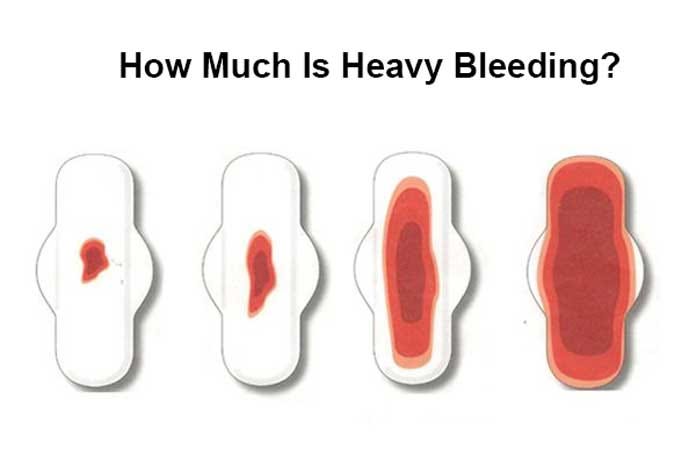Heavy Menstrual Bleeding: Why are your periods heavy?
Heavy Menstrual Bleeding
Menorrhagia is now replaced with a simpler and easier to understand terminology i.e. Heavy Menstrual Bleeding (HMB). This is defined as blood loss of greater than 80ml per period, or menstrual bleeding that’s lasting for longer than 7 days and is interfering with your daily life. Its a very common problem in women but it is not easy to quantify the amount of blood being lost, hence many women don’t realise that they are experiencing this problem
Is your period heavy?
What are the signs you are experiencing Heavy Menstrual Bleeding?
If you:
• Have a menstrual flow that soaks through one or more pads or tampons every hour for several hours in a row.
• Need to double up on pads to control your menstrual flow.
• Need to change pads or tampons during the night or your periods soak through your bedding or clothes.
• Have menstrual periods lasting more than 7 days.
• Have a menstrual flow with blood clots the size of a quarter or larger.
• Have a heavy menstrual flow that keeps you from doing the things you would do normally.
• Have constant pain in the lower part of the stomach during your periods.
• Are tired, lack energy, or are short of breath.
What Causes HMB?
During your menstrual cycle, if an egg is not fertilized, the uterine lining breaks down, and bleeds. The egg and the uterine lining are then shed during your period.
Hormone problems or conditions that affect the uterus can result in heavy bleeding.
Causes of HMB can be categorized into the following:
Uterine-related problems
• Benign growths or tumors of the uterus; fibroids, polyps, adenomyosis
• Cancer of the uterus or cervix.
• Certain types of birth control—for example, an intrauterine device (IUD).
• Problems related to pregnancy, such as a miscarriage or ectopic pregnancy, can
cause abnormal bleeding.
Hormone-related problems
Obesity and insulin resistance
Polycystic ovarian syndrome (PCOS)
Thyroid problems
Other causes include:
• Bleeding-related disorders; von Willebrand disease or platelet function disorder.
• Certain drugs, such as aspirin, can cause increased bleeding
How is HMB clinically diagnosed?
Your healthcare provider will ask you about your medical history and about your periods. You will also have a physical exam, including pelvic exam and the following investigations may be ordered ;
• Complete Blood Count. These check for anemia and test how fast your blood clots.
• Pap Smear. For this test, cells are collected from the cervix and examined. It is used to check for cancerous changes, infection, or inflammation.
• Ultrasound. Your healthcare provider can check for fibroids or other problems inside the uterus.
• Biopsy. Examining a tissue sample from the uterine lining can help your healthcare provider find cancer or other abnormal tissue.
How is HMB managed?
Your healthcare provider ought to consider your age, health status, and your personal preferences when finding the best treatment for you.
Treatment for hormone problems may include:
Medications:
• Prostaglandin inhibitors; they help reduce cramping and the amount you bleed.
• Birth control pills. These stop ovulation and result in lighter periods.
• Progesterone; a type of hormone treatment.
• Iron supplements. If you have anemia as a result of the heavy loss of blood, you may need iron supplements.
Treatment for problems with the uterine lining (endometrium) may include:
Procedures:
• Endometrial Resection or ablation; to destroy the lining of the uterus known as the endometrium.
• Dilatation & Curettage
• Hysterectomy; surgical removal of the whole uterus.
Left untreated, heavy or prolonged bleeding can stop you from living your life to the fullest and leads to more health complications in the future. Luckily, it is relatively easy to re-establish and maintain a healthy, regular cycle when you give your body the right treatment and seek the help of a qualified physician.
If you are experiencing any of the signs mentioned above, make sure to book an appointment with your gynecologist and prioritize your health and wellbeing.






